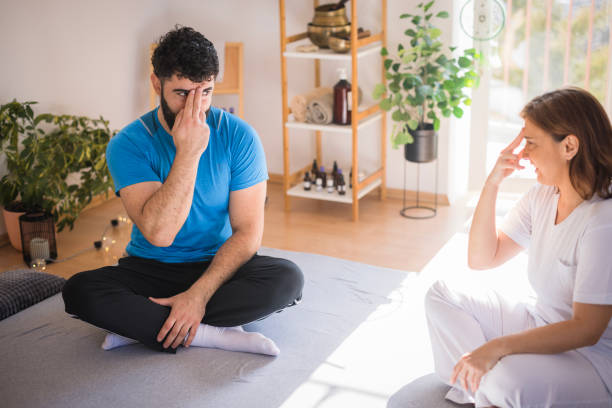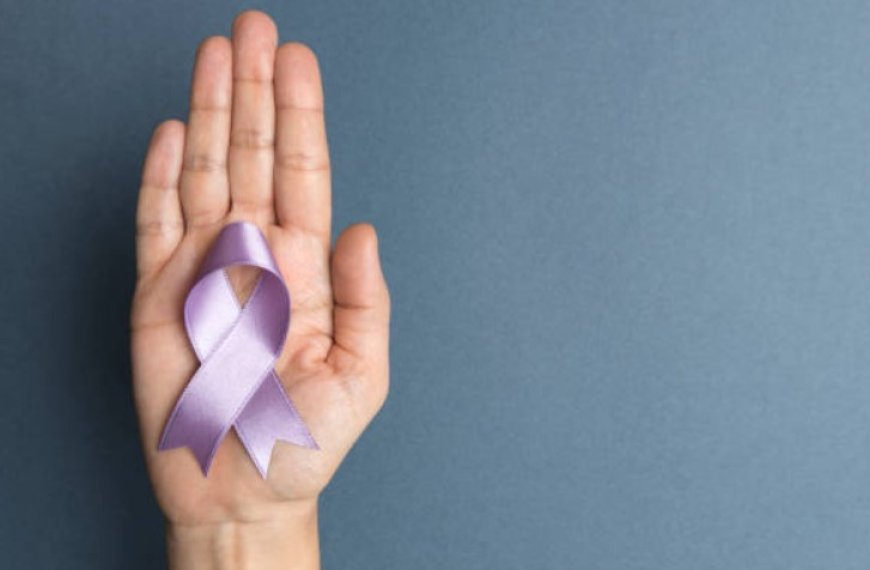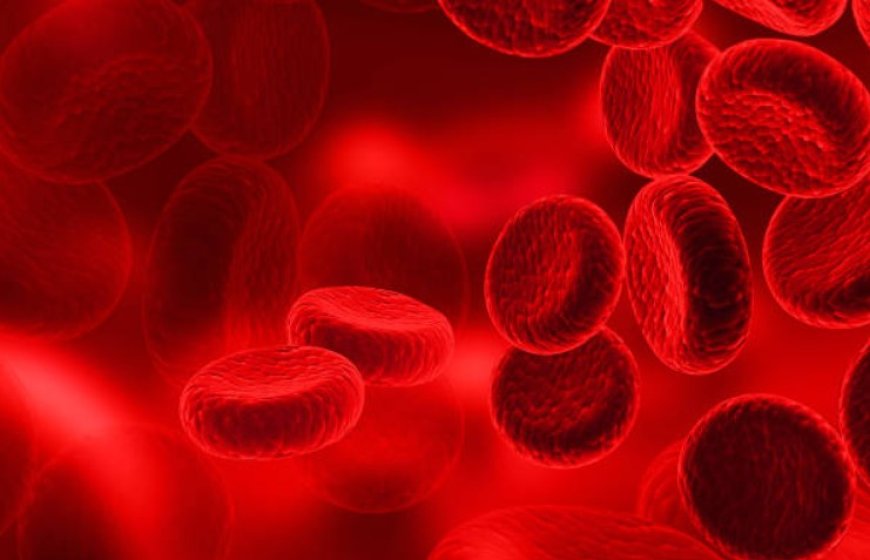How to Reduce Your Risk of Cancer
Learn how to maintain a healthy weight, eat a healthy diet, exercise regularly, don't smoke, limit alcohol intake, get vaccinated against HPV and hepatitis B, get regular cancer screenings, protect yourself from the sun, avoid exposure to secondhand smoke, and manage stress to reduce your risk of cancer.
Strategies to Lower Your Cancer Risk
Although cancer is one of the major causes of death globally, there are some things you may do to lower your risk. Here are a few pointers:
Keep your weight in check. Obesity and excess weight raise the risk of endometrial, colon, and breast cancers, among other cancers. Aim between 18.5 and 24.9 for your body mass index (BMI).
Consume a balanced diet.** A diet rich in fruits, vegetables, and whole grains is considered healthful. Limiting processed foods, red meat, and sugar-filled beverages is also crucial.
Work out frequently. On most days of the week, try to get in at least 30 minutes of moderate-intensity exercise. Maintaining a healthy weight and lowering your chances of breast, colon, and lung cancer are two benefits of exercise.
Avoid smoking. In the US, smoking is the most common preventable cause of death. Additionally, it raises your risk of developing lung, bladder, and esophageal cancer, among other cancers. The best thing you can do for your health if you smoke is to stop.
Reduce your alcohol intake. Drinking alcohol raises your risk of developing liver, colon, and breast cancer, among other cancers. Men should limit their daily alcohol intake to two drinks, while women should limit their intake to one drink.
Obtain a hepatitis B and HPV vaccination. A vaccine against the human papillomavirus (HPV) can help shield you from cervical cancer and other diseases linked to HPV. Vaccinated against hepatitis B may help prevent liver cancer.
Make routine checks for cancer. Cancer screenings can assist in early cancer detection, when the disease is most curable. Find out which cancer tests are best for you by speaking with your doctor.
There are a few more things you can take to lower your risk of cancer in addition to the advice given above:
Take precautions against the sun. The sun's ultraviolet (UV) rays can raise your risk of developing skin cancer. Wear protective clothes, a hat, and sunscreen with an SPF of 30 or higher when you're outside.
Steer clear of secondhand smoke. In addition to raising your risk of cancer, secondhand smoke contains many of the same dangerous chemicals as cigarettes. By abstaining from smoking and staying away from smoking areas, you can prevent secondhand smoke.
Control your stress. Cancer risk may rise with stress. Look for stress-reduction techniques that are beneficial, like yoga, meditation, or exercise.
You can live a longer, healthier life and lower your risk of cancer by implementing these tips.











































































































































































































